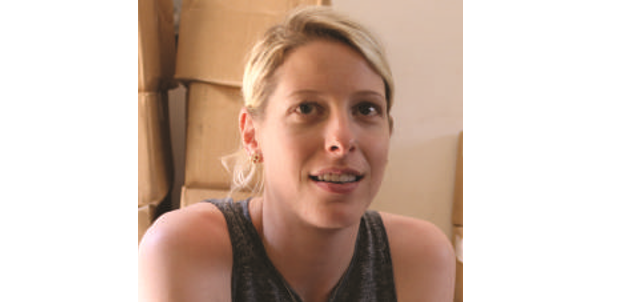
Rebecca Kaduru is the Executive Director of KadAfrica, a social enterprise based company. She spoke to the Independent’s Agnes E Nantaba about the potential of social enterprises and agri-business in supporting Uganda’s economy.
What are the key elements in your management philosophy?
Managing a social enterprise is a bit more complicated compared with other companies whose motive is to only make profits. As a manager, I coordinate all the groups we work with and ensure that the goals of the company and the expectations of the girls are met. In such an environment, I delegate most of the work and only get involved when need arise.
What is your assessment of social entrepreneurship in Uganda?
Social entrepreneurship is a business concept that that the communities are proud of. We believe that communities can do things by themselves and eventually become independent. Unluckily, there are sections of government institutions that don’t recognize social enterprises as a business.
Women entrepreneurship in Uganda is a slowly growing phenomenon. What are you doing to ensure success in such an area?
In the rural areas, women are self- driven in their communities and want to be successful for their families. At the same time, the same areas have very low education penetration especially among women; creating an impression that young women cannot be entrepreneurs.
Now, we are investing in these young women, watching them graduate and set up secondary business for themselves like stalls in the market. We believe that a social entrepreneur should be a sustainable business venture that empowers people, in this case, women to participate in managing their economies.
Uganda has been experiencing changes in weather patterns with longer dry seasons that are not friendly to agriculture. How are you dealing with such a challenge?
Fortunately, it has not been the case with where our passion fruit farms are located- Fort Portal, western Uganda. We have not had more than two to three months of a dry season, and our farms are located near water sources. In addition, we have also trained our girls to use water bottles as a form of drip irrigation in the event that there’s a long dry spell that could affect their crop production.
There is an issue of fluctuating prices especially for agricultural produce that scares away potential investors in the sector. How do you deal with that?
Passion fruits have witnessed a stable price over the last 10 years and it is the reason we now want to venture into value addition. We are already in talks with companies that have the potential to set up the facilities.
So, what other challenges do you face in such a business?
The biggest challenge is recruiting employees who share the company’s vision. The other challenge is finding people who understand that we are not a Non-Governmental Organisation but a business that also aims at impacting on the community.
How best can government and other stakeholders work to solve the challenges faced by social enterprises?
We would love to see a social enterprise registration desk or programme to better serve the interests of social enterprises in the country.
Also, the government need to do a lot in the fight against counterfeit agro-chemicals. We are fortunate to have some cash that can permit us import inputs from Kenya but how about a rural farmer who is not sensitized about genuine ones and those who cannot afford to import? It is such a tricky situation.
Where do we see KadAfrica in the next few years?
We are hoping to go into the processing of passion fruit pulp soon. We have been training about 200 to 300 girls every year, and we are looking at training more than 5,000 girls in the next seven to 10 years and thus creating a big impact on the community.
****
editor@independent.co.ug
 The Independent Uganda: You get the Truth we Pay the Price
The Independent Uganda: You get the Truth we Pay the Price





